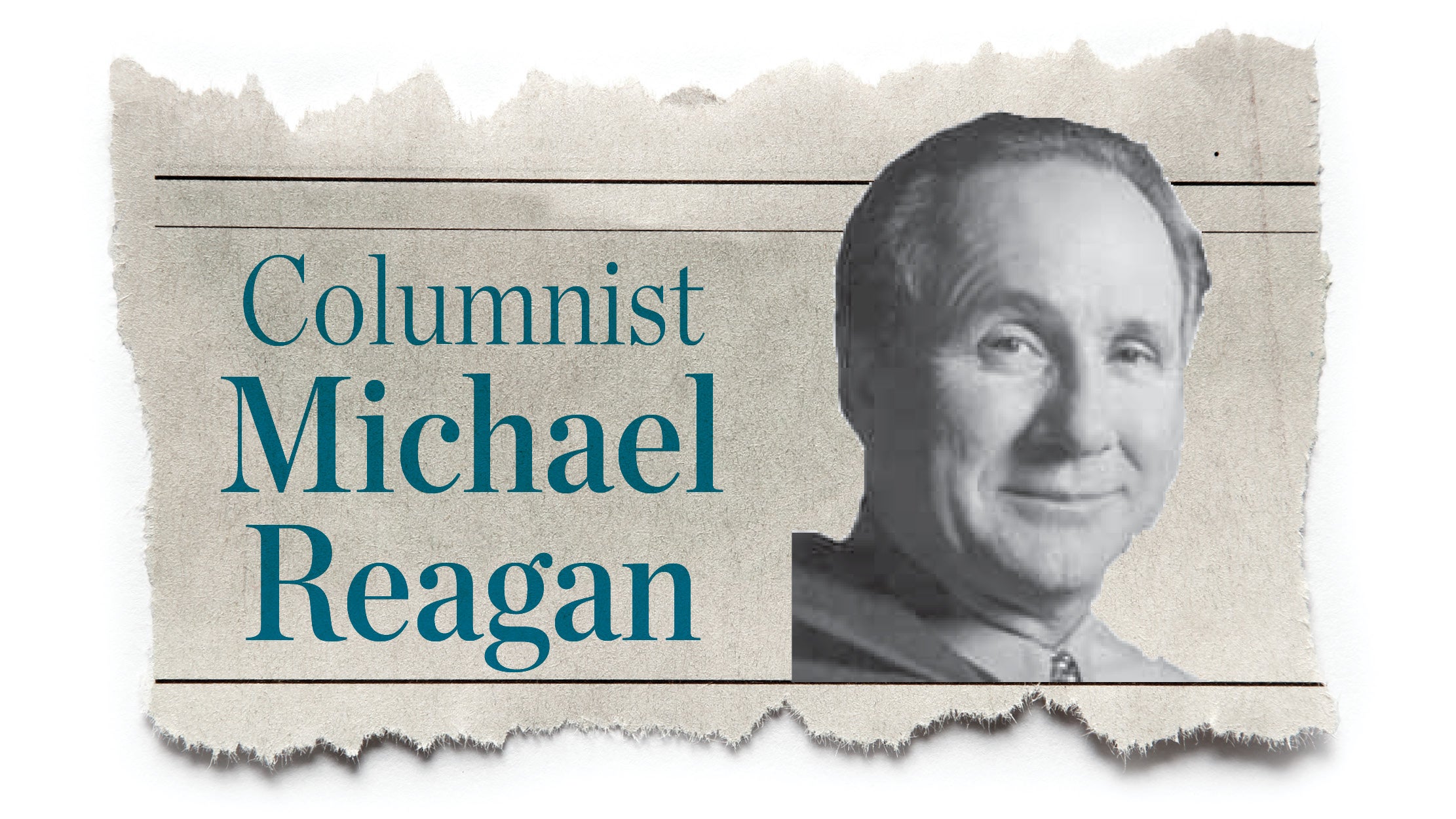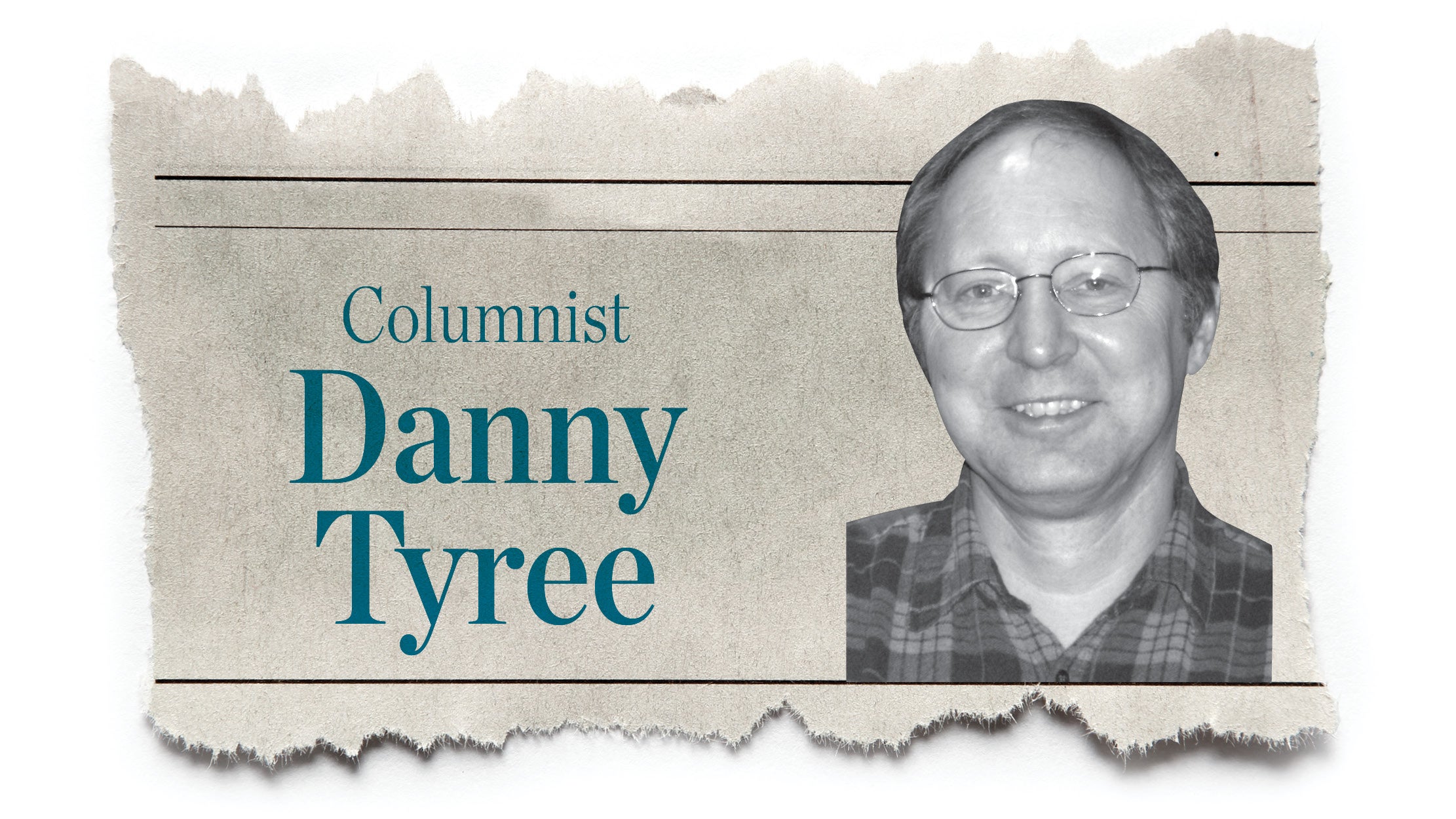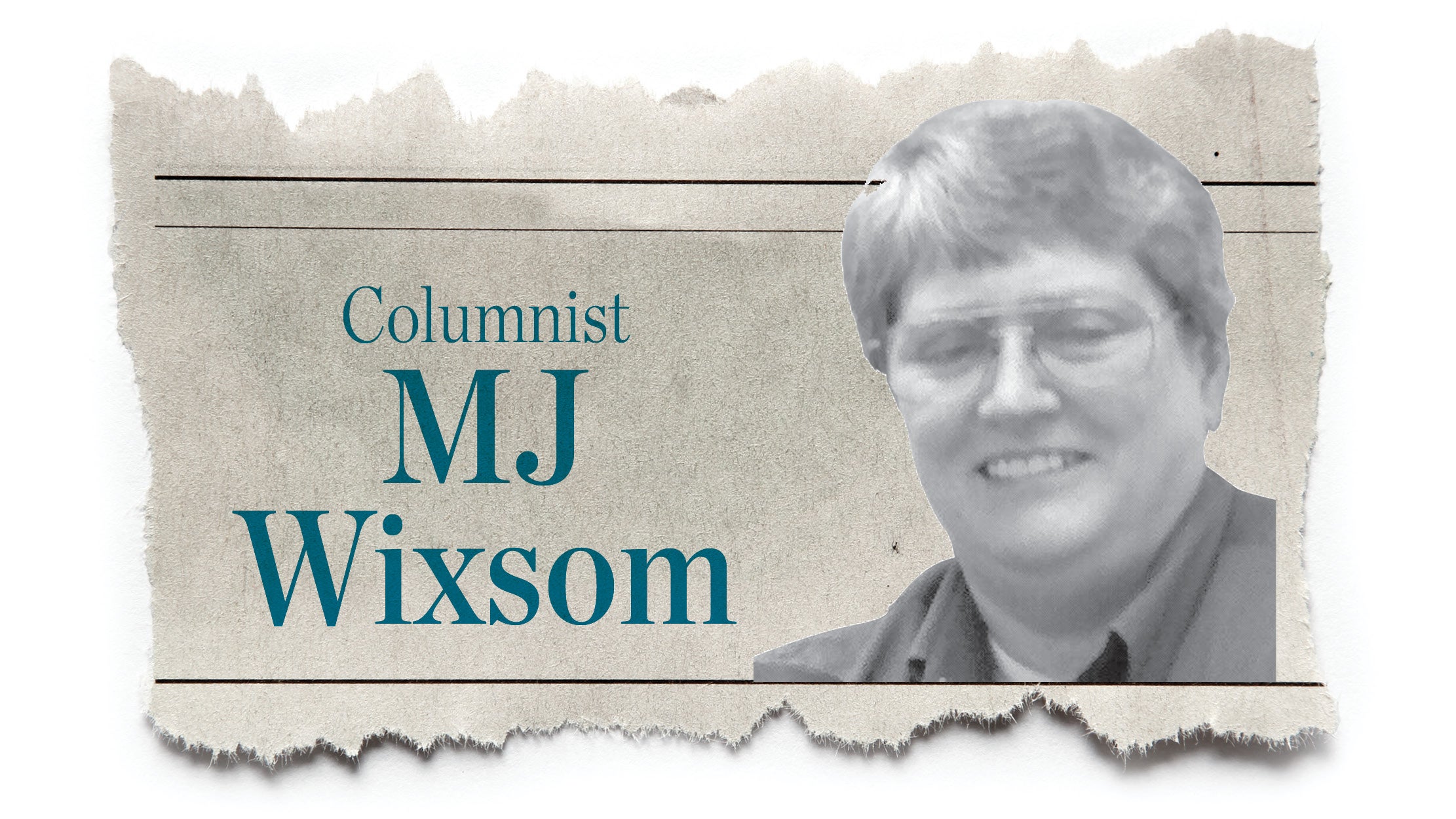Looking at Social Security, Medicare
Published 10:11 am Friday, October 19, 2012
Few things could be more difficult this election season than sorting out which political party holds what views on these two very popular government-provided human services programs.
Beneath the surface of the sloganeering of “protect and preserve” there are significant differences in the future of the programs dependent upon which party manages their content and delivery.
First, historically there has always been a portion of the Republican Party that has asserted that neither of these programs can sustain themselves and both will eventually fail. Advocates of this belief have sought to convince the American public that privatization of the programs is the only link to sustainability.
Those convinced of this inevitability point to the severe crisis facing Medicare funding within a decade and the longer term funding concerns confronting Social Security by no later than 2030.
This background is important to understand when considering how Republicans would propose the continuance of both programs.
The foremost Republican advocating a long term solution for both programs is Wisconsin congressman and Vice Presidential candidate Paul Ryan.
In 2011 Ryan advanced a plan that would fundamentally control the federal budget portion of Medicare by capping costs with vouchers and inflation ceiling caps on federal expenditures.
While that Ryan plan would allow the federal budget to solidify its ability to fund the programs longer term, barring reductions from congress in the funding formula in the future, the Congressional Budget Office, a non-partisan calculator of legislative costs, predicted that this plan would significantly increase the costs of health care for recipients over the next two decades.
The CBO estimated that the annual out-of-pocket costs would raise over $6,800 in the near future for those covered by Medicare.
In 2012 Ryan revised that plan, instead offering the option for either securing private insurance coverage or remaining on the current Medicare program. But Ryan’s plan fails to address cost escalation concerns still not insured by federal support.
The potential problem is twofold with the Ryan approach.
First, we have had some experience with for-profit alternatives to Medicare with the Medicare Advantage providers. The goal was that these providers would provide superior benefits to Medicare qualified clients at a lower cost, pushed down by free market conditions.
But that did not happen; instead costs have been higher for Advantage providers, providing a troubling example of the Ryan alternative.
Second, insurers would likely draw in the healthiest seniors by design, and avoid seniors will pre-existing conditions. That would leave Medicare as the harbor for the highest cost coverage and private insurers cherry-picking lower cost customers.
Democrats have not explained how they will re-fund Medicare, and that should be of concern to voters as well. But Democrats have consistently tied their party to providing Medicare and Social Security insurance, so their commitment is a matter of record on both programs.
Further, the ads claiming the Obama administration has cut Medicare by almost $800 billion are grossly misleading.
The reductions were to reduce the corporate welfare to Advantage insurance providers ($500 billion), making them compete fairly against Medicare; and to reduce payments to some providers like hospitals who will no longer have patients without insurance under Obamacare and therefore no longer need to escalate billing levels to replace lost incomes from uninsured patients.
Finally, the savings generated, the nearly $800 billion, were used to extend the fiscal balance of Medicare for an additional eight years, hardly a “cut” of any type.
The Republican plan would indeed save Medicare by controlling federal budget costs.
However there would be a cost transfer to patients if health care costs continue to rise faster than inflation, a fact for each year of the past two decades. The risk would transfer entirely to individuals.
Vote for what you think will best serve your needs in the future.
Jim Crawford is a retired educator and political enthusiast living here in the Tri-State.





